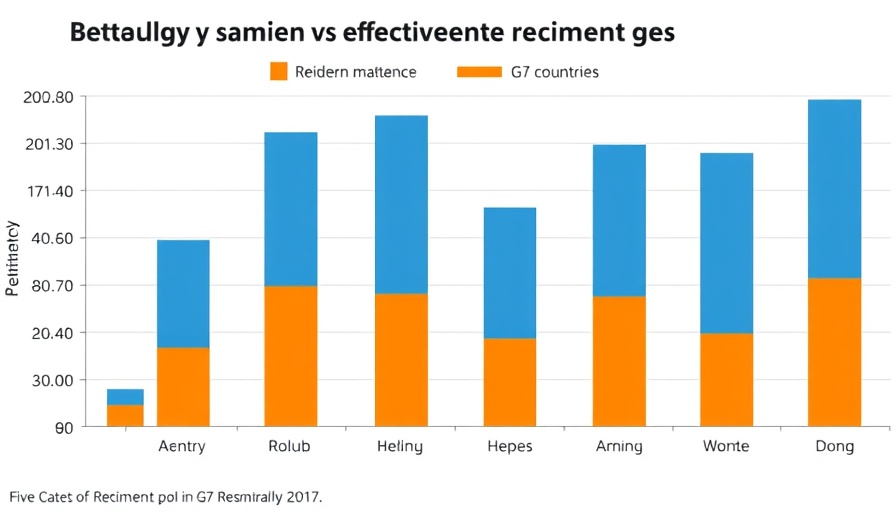
A Legal Precedent for Employee Support: A Closer Look
In a pivotal lawsuit, a former Costco employee faces off against the retail giant, challenging the very fabric of disability accommodation and workplace rights. The federal judge's decision to allow the case to proceed exemplifies the ongoing struggles employees encounter amid complex leave policies. For CHROs and operational leaders, this case serves as a poignant reminder of the necessity for clarity and compassion in workforce strategy.
The Intersection of Family and Work: Why This Case Matters
The plaintiff, who had taken extended leave to care for his cancer-stricken wife, found himself navigating a maze of federal and state regulations—specifically the Family and Medical Leave Act (FMLA) and California’s Family Rights Act. This intersection highlights the delicate balance organizations must maintain: providing appropriate support while adhering to their leave policies. A failure to properly accommodate such needs could tarnish a company’s reputation and lead to costly litigation.
Navigating Leave Policies: Best Practices for Companies
Costco’s case illustrates the vital need for companies to revisit their leave policies regularly. Clear policies that are employee-friendly not only protect the organization from potential bias claims but empower employees to make thoughtful choices about their work-life balance. This championing of a people-first leadership approach fosters a culture of engagement and retains talent. Operational leaders must consider adopting practices that enable employees to navigate personal challenges smoothly.
Engagement and Performance: The Human Aspect of Business
High-performance culture is not merely about profit margins; it is about how employees feel supported during critical life moments. The claims leveled against Costco can be seen as a call for greater accountability in talent management practices. As societal dynamics evolve, organizations must prioritize leadership development that goes beyond traditional metrics to include empathy and support for employees’ personal circumstances.
What This Means for Future Workforce Strategy
In the broader landscape of workforce optimization, this case implies significant implications for how companies strategize their human resource policies. Failing to uphold robust leave policies can lead to attrition and disengagement. Companies invested in employee retention strategies stand to benefit in the long term, both in operational efficiency and workplace morale. How well an organization navigates these challenges could determine its future success.
Future leaders in HR and management must consider how they can enact policies that not only adhere to legal frameworks but also nurture a supportive and understanding workplace environment. This approach not only complies with regulations but maximizes productivity, making organizational health a priority.
 Add Row
Add Row  Add
Add 




Write A Comment